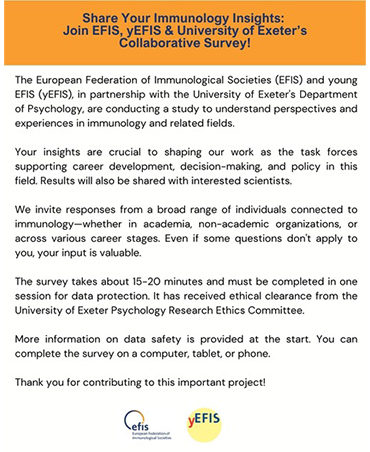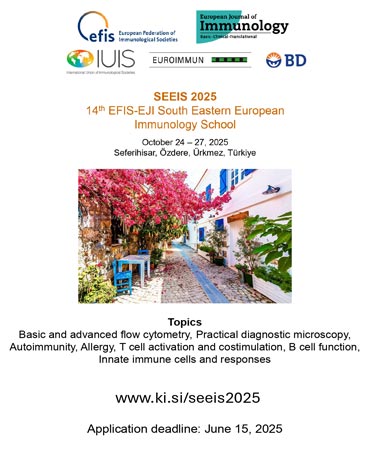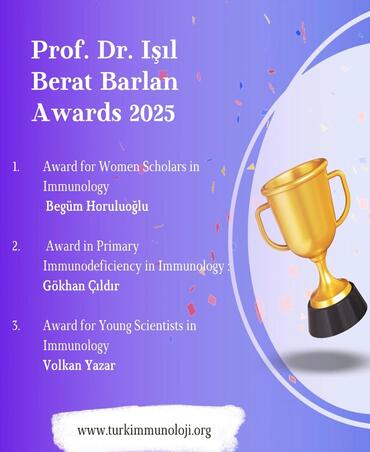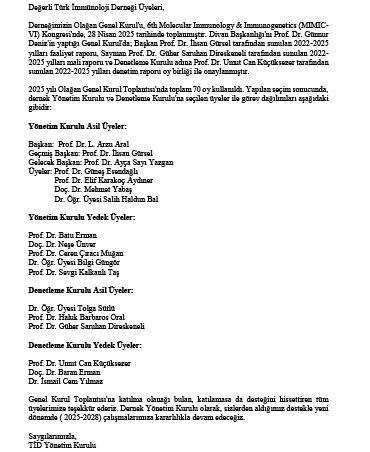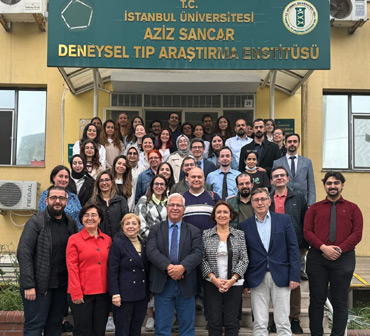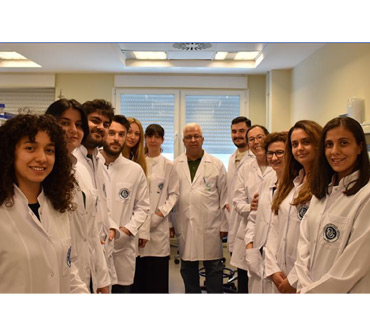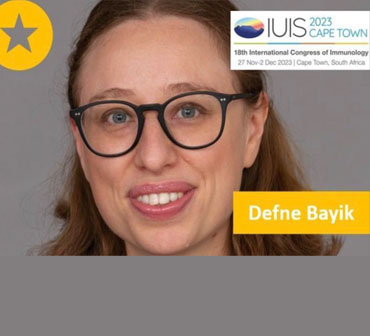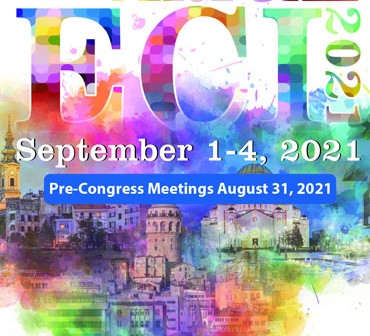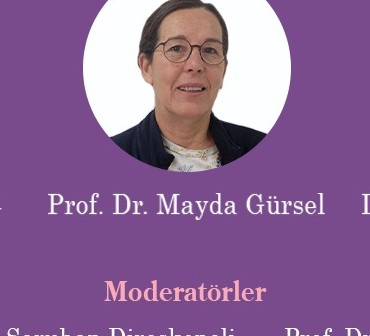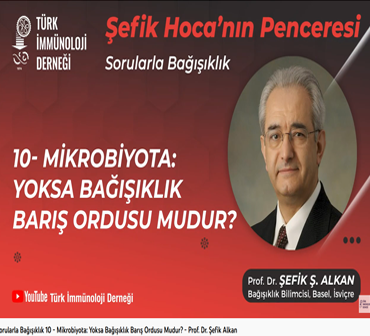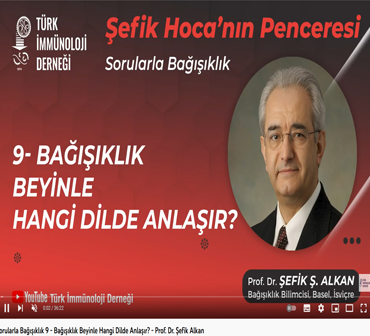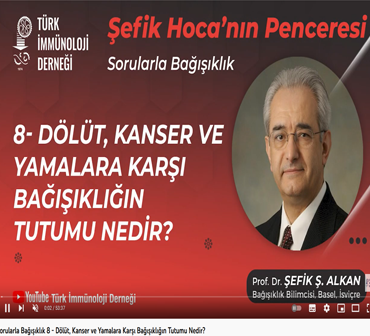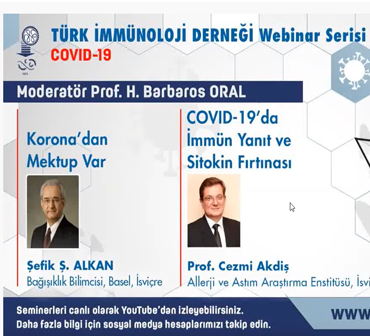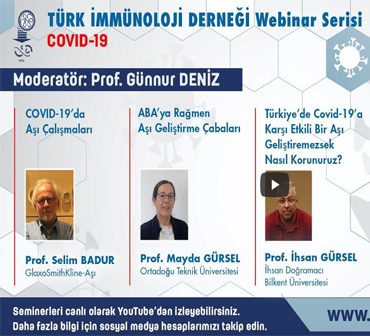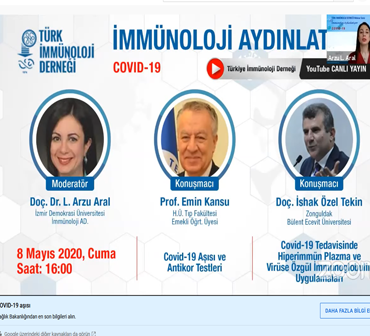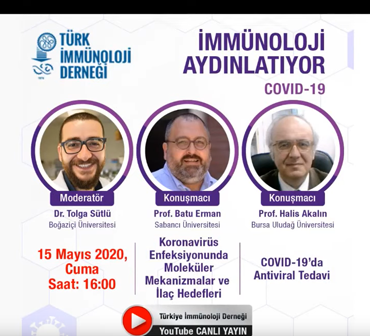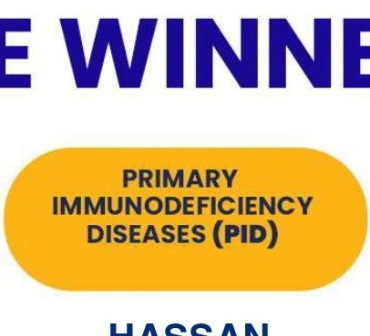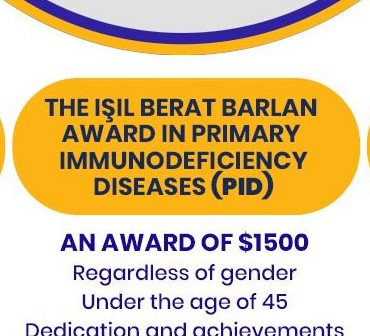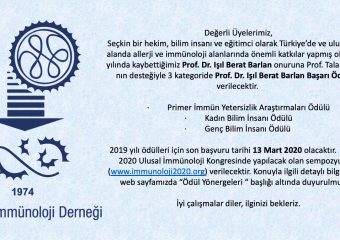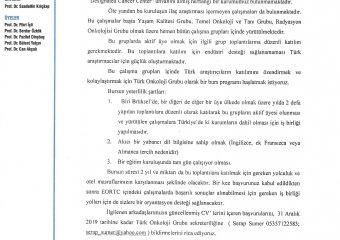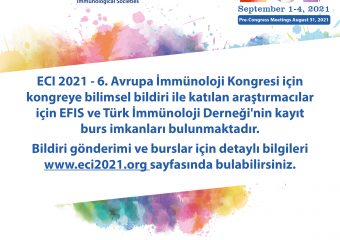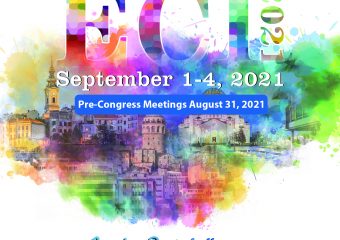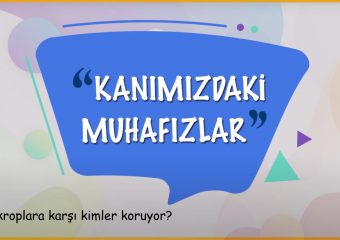- Elif Çelik
Elif Çelik
Faculty List
- Ali Şengül
- Awtar Ganju-Krishan
- William Telford
- Duygu Sağ
- Elif Çelik
- Elif Karakoç Aydıner
- Esin Çetin Aktaş
- Fatma Betul Oktelik
- Gerhard Wingender
- Günnur Deniz
- Haluk Barbaros Oral
- İhsan Gürsel
- İsmail Cem Yılmaz
- Joanne Lannigan
- Klara Dalva
- Marianna Tzanoudaki
- Mayda Gürsel
- Mirjam van der Burg
- Muzaffer Yıldırım
- Paul Hutchinson
- Paul J. Smith
- Raif Yuecel
- Raquel Cabana
- Sara De Biasi
- Tolga Sütlü
- Uğur Muşabak
- Umut Küçüksezer
- Zeynep Karakan Karakas
- Zosia Maciorowski
Duyurular
Haberler
Webinar
COVID-19
Bilimsel Ödüller
Kongreler
Elif Çelik received her B.Sc. degree in Bioengineering from Ege University in 2017. Her graduation project “Formation of in vitro Skin Melanoma Model With 2-Dimensional and 3-Dimensional Co-Culture and Anti-Cancer Efficacy of β-Carotene Tested In This Model” was supported by a TUBITAK 2209-B Grant. She completed her M.Sc. studies in 2019 with a thesis titled “A Systemic Comparison of Different Chimeric Antigen Receptor (CAR) Designs for Retargeting of NK-92 Cells Against Tumor Antigens” at Sabancı University Biological Sciences and Bioengineering program under the supervision of Dr. Tolga Sütlü and continues her Ph.D. education at Sabancı University. Currently, she is working as aResearch and Development Specialist at Epsilon Electronics Inc and carries out her research at Dr. Tolga Sütlü’s research group at Boğaziçi University Department of Molecular Biology and Genetics.
She has a broad range of experience in immunology research gained through involvement in various projects such as the production and testing of biosimilar antibodies and COVID-19 vaccine development. Her current research focuses on cancer immunotherapy using NK cells genetically retargeted through CAR or TCR modifications and is actively working on singlecell RNA sequencing for immune profiling and analysis of the tumor microenvironment.
Relevant Literature:
1. Mete B, Pekbilir E, Bilge BN, Georgiadou P, Celik E, Sutlu T, Tabak F, Sahin U. Human immunodeficiency virus type 1 impairs sumoylation. Life Sci Alliance. 2022 Feb 18;5(6):e202101103.
2. Pamukcu C, Celik E, Ergun EZ, Karahan ZS, Turkoz G, Aras M, Eren C, Sili U, Bilgin H, Suder I, Mandaci BC, Dingiloglu B, Tatli O, Doganay GD, Baris S, Ozoren N, Sutlu T. Lentiviral vector-based SARS-CoV-2 pseudovirus enables analysis of neutralizing activity in COVID-19 convalescent plasma. bioRxiv 2020.12.28; doi: 10.1101/2020.12.28.424590.
3. Celik E, Sutlu T. Genetik Olarak Modifiye Edilmiş Doğal Öldürücü Hücrelerle Kanser İmmünoterapisi. Bağcı G, editör. Gen ve Hücre Tedavisinde Güncel
Gelişmeler. 1. Baskı. Ankara: Türkiye Klinikleri; 2020. p.113-23
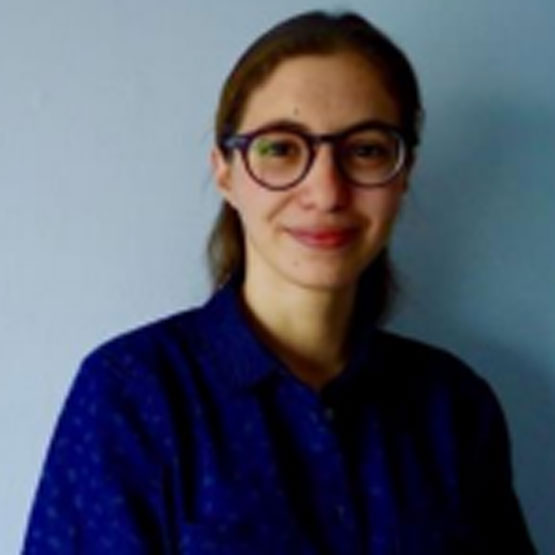
Faculty List
- Ali Şengül
- Awtar Ganju-Krishan
- William Telford
- Duygu Sağ
- Elif Çelik
- Elif Karakoç Aydıner
- Esin Çetin Aktaş
- Fatma Betul Oktelik
- Gerhard Wingender
- Günnur Deniz
- Haluk Barbaros Oral
- İhsan Gürsel
- İsmail Cem Yılmaz
- Joanne Lannigan
- Klara Dalva
- Marianna Tzanoudaki
- Mayda Gürsel
- Mirjam van der Burg
- Muzaffer Yıldırım
- Paul Hutchinson
- Paul J. Smith
- Raif Yuecel
- Raquel Cabana
- Sara De Biasi
- Tolga Sütlü
- Uğur Muşabak
- Umut Küçüksezer
- Zeynep Karakan Karakas
- Zosia Maciorowski
